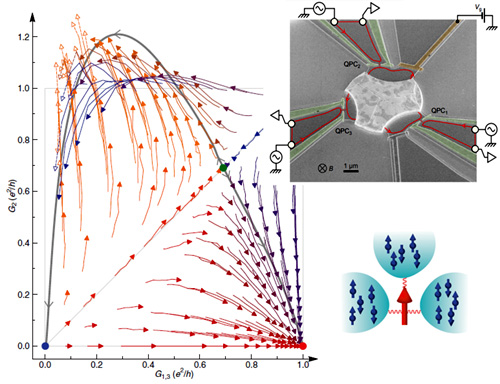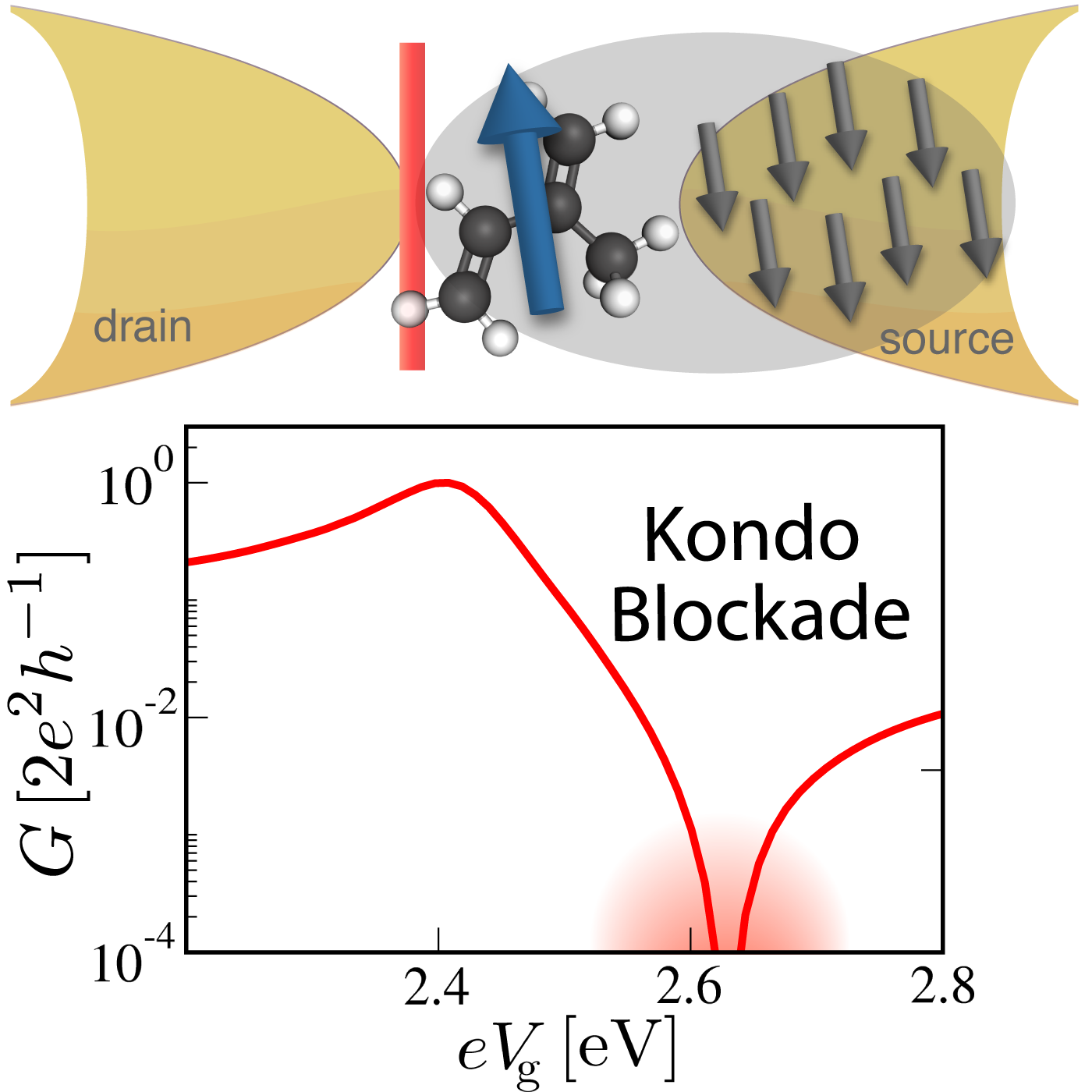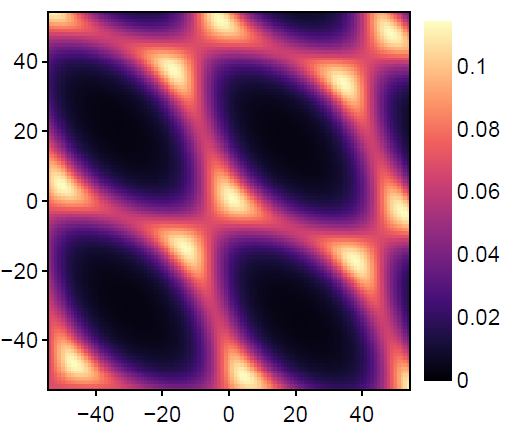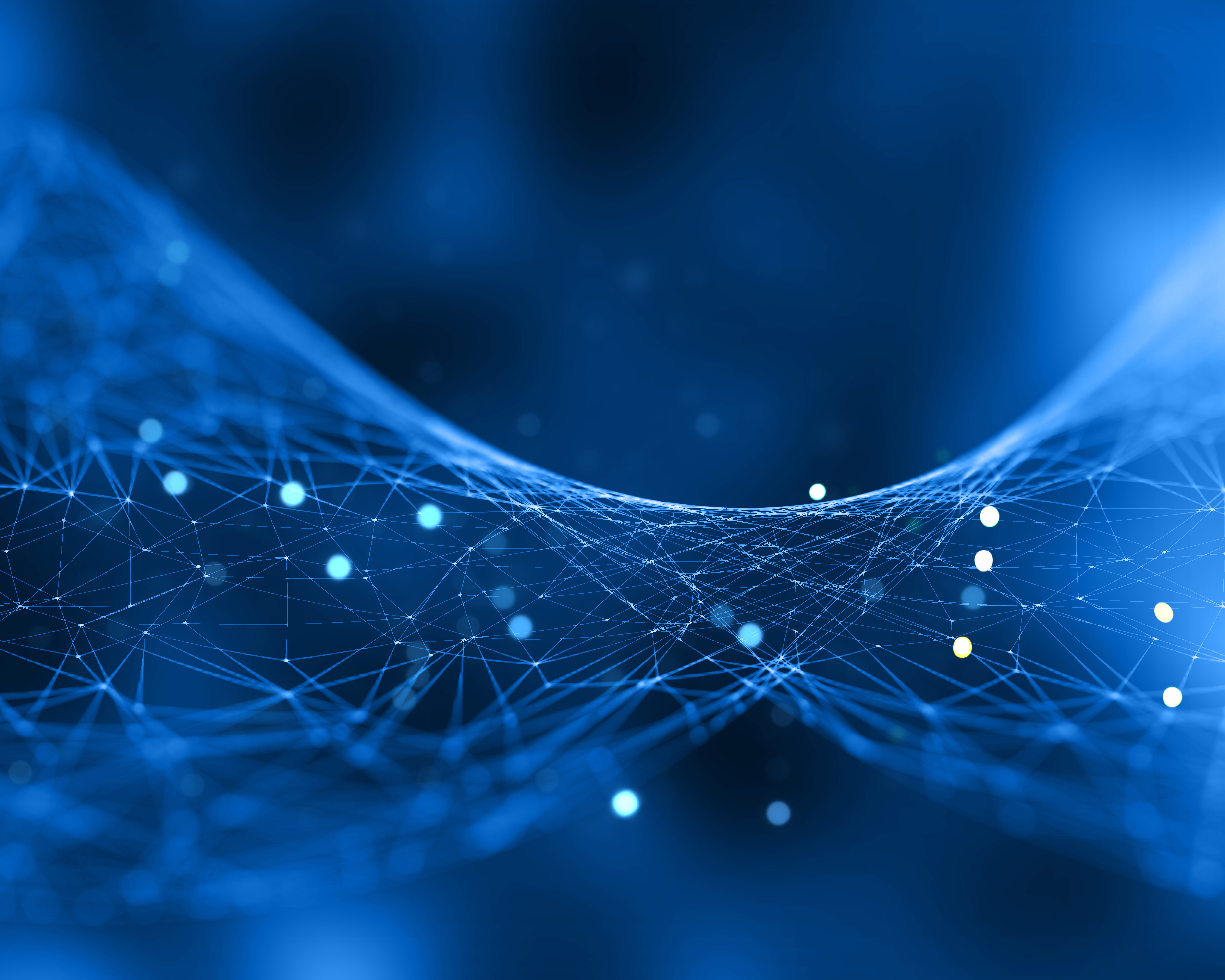
Welcome
This is the research webpage of the theoretical nanoelectronics group at University College Dublin, led by Prof Andrew Mitchell in the School of Physics. We are part of the Centre for Quantum Engineering, Science, and Technology (C-QuEST)
Breaking News! Quantum interference in nano-scale electronic circuits can be used to 'split' the electron into exotic Majorana fermions. New (opens in a new window)research published in Physical Review Letters highlighted as an Editors' Suggestion.

When nanoscale components are incorporated into electronic circuits, the laws of quantum mechanics govern their basic properties. Striking phenomena such as entanglement and quantum interference can appear, and have no classical analogue. The next generation of miniaturized electronics will overcome the limitations of traditional design paradigms by exploiting the novel functionality of the nano.
In the theoretical nanoelectronics group at UCD we develop and apply state-of-the-art theoretical and computational techniques, working closely with experimental collaborators to study and direct development of new nanoelectronic devices. Our current focus is on semiconductor quantum dot devices and molecular electronics.

Recently, our research has explored the rich physics of 'charge-Kondo' semiconductor quantum dot devices. Such devices represent a new paradigm for designer nanophysics, providing a route engineer previously elusive states through quantum simulation of abstract models. They demonstrate complex non-perturbative many-body physics due to strong electronic interactions, with emergent fractionalized quasiparticles such as Majorana fermions and even Fibonacci anyons, near quantum critical points.
We also study single molecule junctions, where new possibilities arise from the complex interplay between quantum interference due to competing transport pathways, and the Kondo effect due to entanglement from strong electronic interactions. Our aim here is to treat strong interactions and quantum interference on an equal footing, to address the challenge of how to harness the robust and reproducible chemical complexity provided by nature in single molecule devices and for future advanced electronics. We have developed novel machine learning techniques to accomplish this.

Finally, we are interested in topological quantum matter and new materials, especially the interplay between topology and strong correlations. Recently we have studied graphene, twisted bilayer graphene, Dirac and Weyl semimetals, topological insulators, Kitaev spin liquids, and an interacting variant of the paradigmatic SSH chain. We also helped uncover the topological properties of the Mott transition in the Hubbard model.
For more information on our research projects, see the 'Research' page.
For a full list of our publications, see the 'Publications' page.
Our research is funded by the Irish Research Council, Science Foundation Ireland, and Equal1 Labs.

